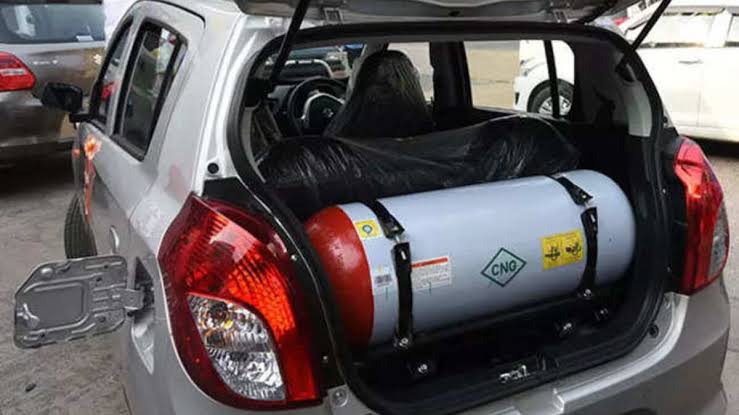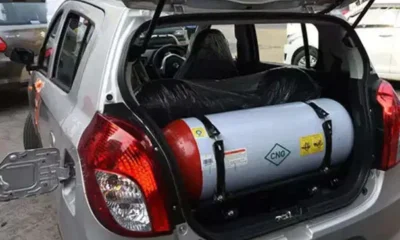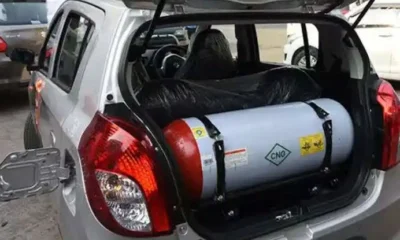Special Features
Six essential things to know before converting your car to CNG

News360 Nigeria archives in this post, six things you should know before converting your petrol vehicle to CNG.
With the rising cost of petrol following the subsidy removal in Nigeria, vehicle owners are exploring more affordable fuel options, and compressed natural gas (CNG) is emerging as a viable alternative.
The Presidential Compressed Natural Gas Initiative (PCNGI), launched on August 19, 2023, by President Bola Tinubu’s administration, aims to ease the switch to CNG by setting up conversion centers and offering a pay-later option for conversion costs.
Here’s what you need to know before making the switch to CNG;
1. Vehicle compatibility
While many petrol-powered vehicles can be converted to run on CNG, not all engines are ideal candidates.
Passenger cars, light commercial vehicles, and some buses are suitable for conversion, but high-performance or older engines may require special attention.
Diesel engines can only partially switch to a 50/50 mix of CNG and diesel, while petrol engines can be fully converted with key modifications like a CNG tank, storage cylinder, and pressure regulator.
2. Age and condition of your vehicle
Cars under 10 years old and in good condition are typically the best candidates for CNG conversion.
Older vehicles or those with existing mechanical issues may struggle with the additional load of a CNG system.
It’s advisable to have a certified mechanic assess your car’s condition before moving forward with conversion.
3. Emission standards
CNG significantly reduces emissions, but your vehicle must meet Nigerian emission standards to be eligible for conversion.
Sequential kits, which inject CNG directly into the intake manifold, work well with modern cars, while simpler Venturi kits may be suitable for older vehicles but offer lower performance.
4. Certified conversion centers
Safety and reliability are critical when it comes to CNG systems. Ensure that your vehicle is converted at a certified center by trained technicians who follow industry safety standards.
Key partners like NIPCO Plc, Bovas, Axxela, and NNPC Ltd provide certified conversion centers across the country.
5. Flexible payment options
The government’s newly introduced website allows drivers to convert their vehicles now and pay for the conversion in affordable monthly installments, easing the financial burden.
This pay-later option helps make the transition to CNG more accessible for everyday Nigerians.
6. Conversion costs and financing options
Converting a vehicle to CNG involves an initial financial outlay, which includes the cost of the conversion kit, installation, and any necessary vehicle modifications.
Prices for conversion vary depending on the type of kit, the complexity of the installation, and the make and model of the vehicle.
Typically, converting a vehicle to CNG in Nigeria can cost anywhere from ₦150,000 to ₦400,000.
To ease the financial burden, the Nigerian government, through the PCNGI, has introduced flexible payment options.




























